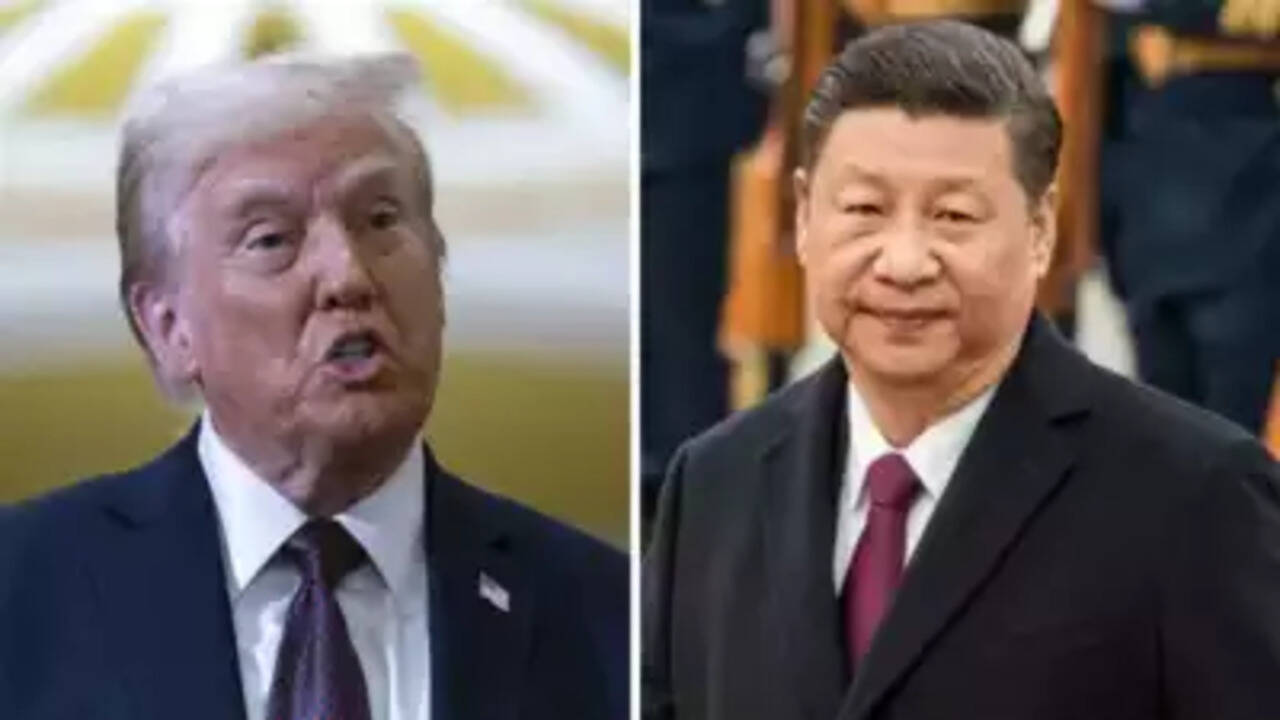Diplomatic Talks in Oman Signal Hope for US-Iran Relations
As Iran and the US engage in indirect negotiations in Oman, regional tensions and global implications dictate the discourse, offering a glimpse into possibilities of rekindled diplomacy.
Published April 14, 2025 - 00:04am

Image recovered from arabnews.com
The recent diplomatic engagements between Iran and the United States in Muscat, Oman, mark a significant moment in International relations, particularly amidst escalating tensions between the two nations. The arrival of such negotiations, held under the mediation of Omani officials, presents complex layers of geopolitical dynamics, historical animosities, and potential avenues for peaceful conflict resolution.
This landmark dialogue, the first of its kind since 2017, comes against a backdrop of heightened tensions in the Middle East, where Israel's military operations in Gaza, Syria, and Lebanon have further complicated the regional stability. Pakistan, a close neighbor and concerned stakeholder, has been vocal in urging both Iran and the US to resolve their differences through diplomatic means. The Pakistani government underscores that such engagements can potentially yield peace and stability, a sentiment echoed across various platforms advocating for dialogue and diplomacy.
The discussions in Oman have focused significantly on Iran's nuclear program, a matter of great contention following the US withdrawal from the Joint Comprehensive Plan of Action (JCPOA) under the Trump administration in 2018. The United States, under President Trump, re-imposed economic sanctions, creating an atmosphere of mistrust and strategic recalibration in Tehran. Recent reports suggest Iran is seeking the easing of these sanctions and restoration of economic relations as a primary condition in these negotiations. In return, Tehran is prepared to revert to previous uranium enrichment levels as stipulated in the 2015 nuclear accord.
Both US and Iranian officials have described the Muscat talks as productive, with a mutual belief in the potential to reach a substantive agreement in forthcoming sessions. These talks were neither direct nor typical, structured instead around indirect mechanisms facilitated by the Omani mediators, a process Iran initially requested. Despite the complex setting, brief moments of direct communication occurred, indicating a possible thaw in the otherwise frosty diplomatic relations.
Abbas Araghchi, Iran's Foreign Minister, and Steve Witkoff, the US Special Envoy for the Middle East, led their respective delegations in these discussions. Both sides seemed invested in advancing towards mutually beneficial outcomes, with conversations evidencing a commitment to maintain dialogue over strategic issues, including nuclear disarmament and economic sanctions.
The regional and international response to these dialogues has been varied but crucial. Within the Middle East, Gulf nations such as the UAE and Qatar have expressed support for these talks, recognizing their potential to curb regional tensions. Additionally, Europe too has shown interest, with figures like Josep Borrell, the EU's foreign policy chief, acknowledging the talks as a step towards potentially rejoining or reconstituting a version of the JCPOA.
Nonetheless, not all responses are supportive. Israel, under the leadership of Prime Minister Benjamin Netanyahu, remains wary of these developments, perceiving any easing of pressure on Iran as a threat to its national security. Israeli concerns echo broader fears that a new agreement might shift the regional balance of power adversely.
The situation holds significant implications for US foreign policy as well, particularly under President Trump's administration known for its 'maximum pressure' campaign against Iran. The fluctuating dynamics necessitate cautious navigation, balancing sanctions, diplomatic overtures, and military postures as intricate strategies unfold.
In Iran, the dialogue has reinvigorated debates over sovereign rights versus international obligations, especially concerning nuclear research and development. This internal discourse reflects broader questions facing Iran's leadership: reconciling national development goals with international expectations and pressures.
The Muscat talks symbolize not only a specific geopolitical encounter but also a compelling case of international diplomacy in practice, testing the limits of negotiation under challengingconditions. They stand as a testament to the enduring importance of diplomatic engagement in addressing global challenges, even as the specter of conflict looms large.
The path forward remains fraught with uncertainty, subject to many variables, including political will, regional alliances, and unforeseen developments. Yet, the re-initiation of dialogue represents hope—hope that judicious negotiations can pave the way for resolution and reconciliation despite a history marked by decades of estrangement and confrontation.






